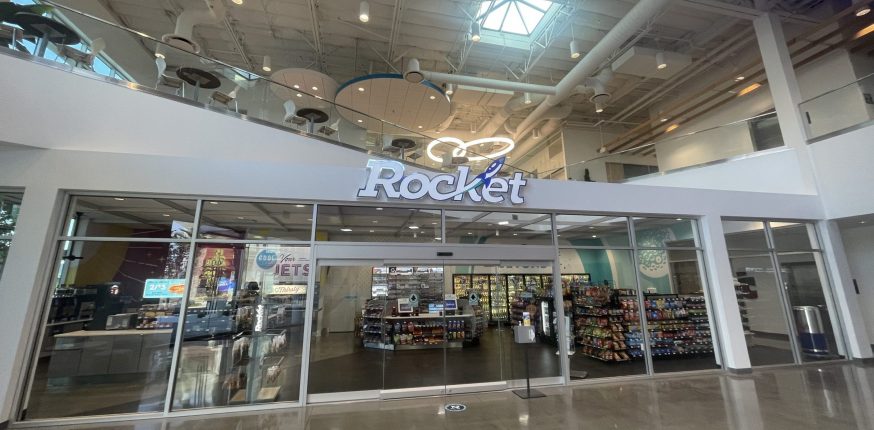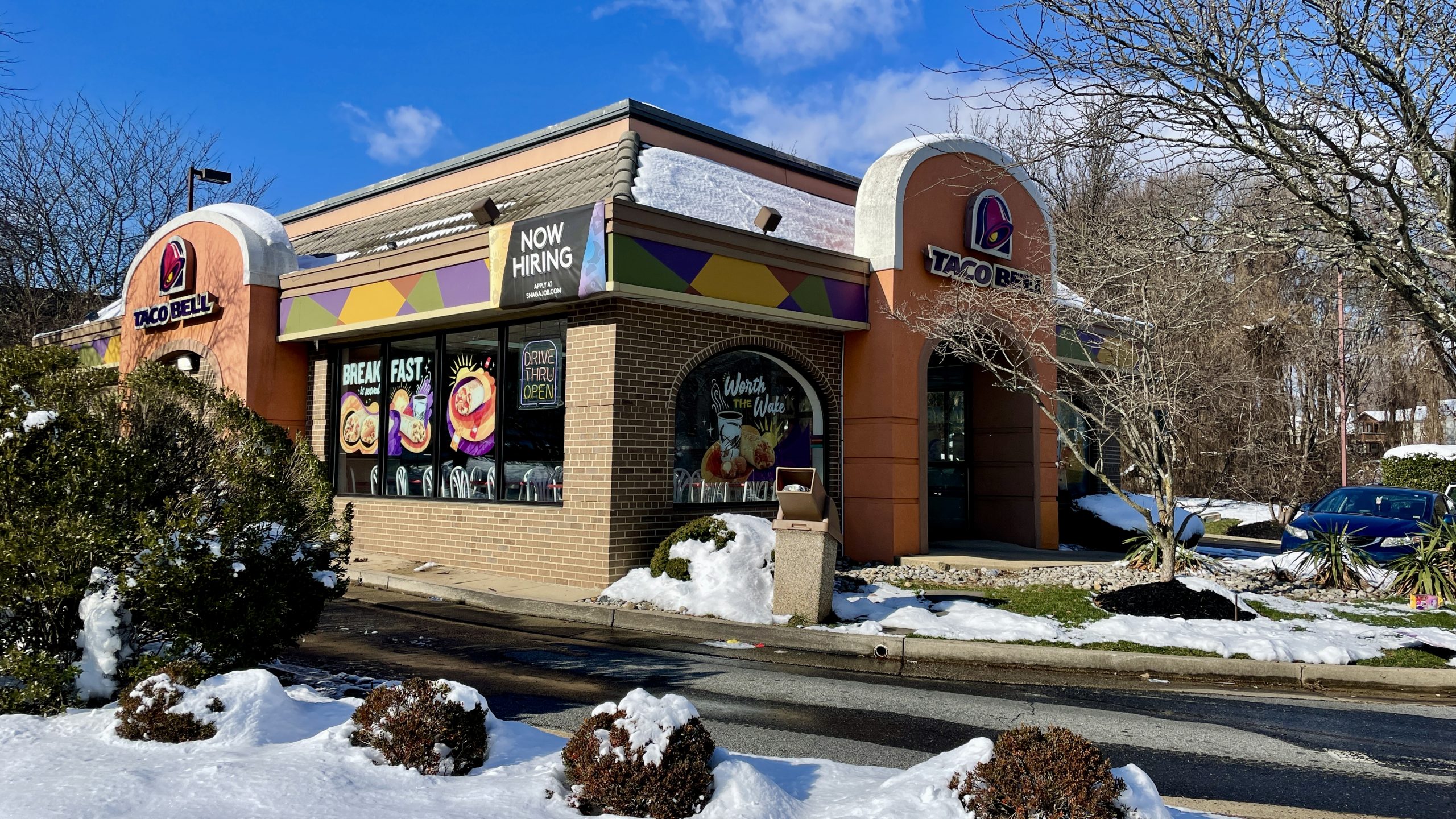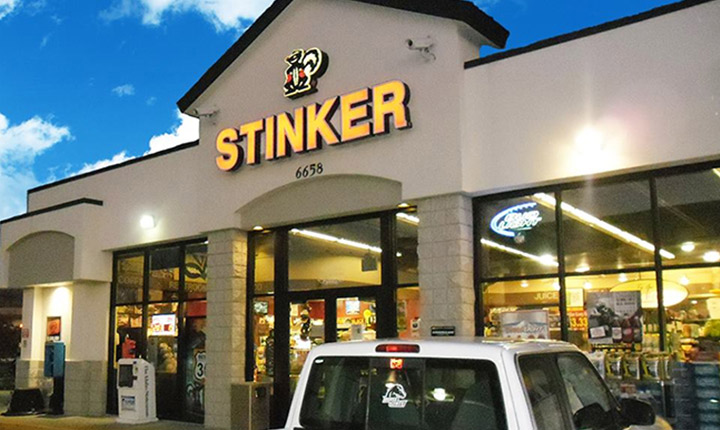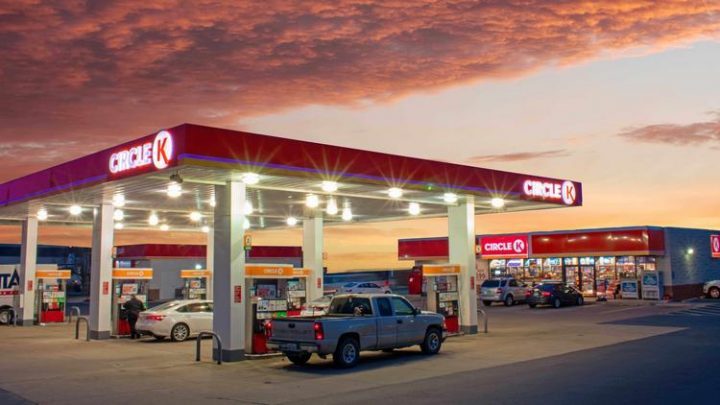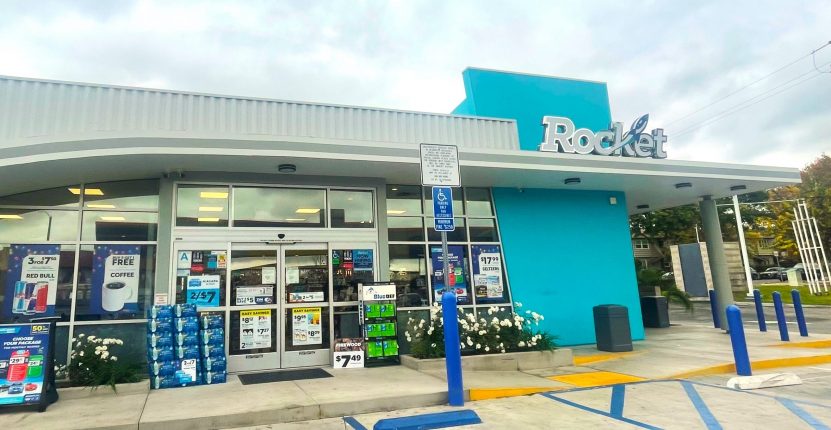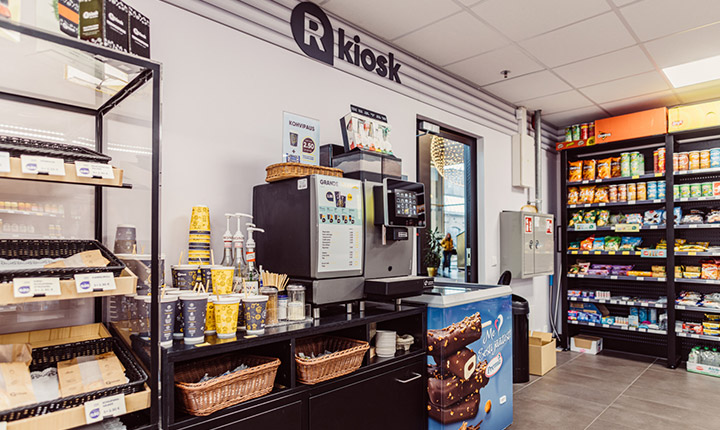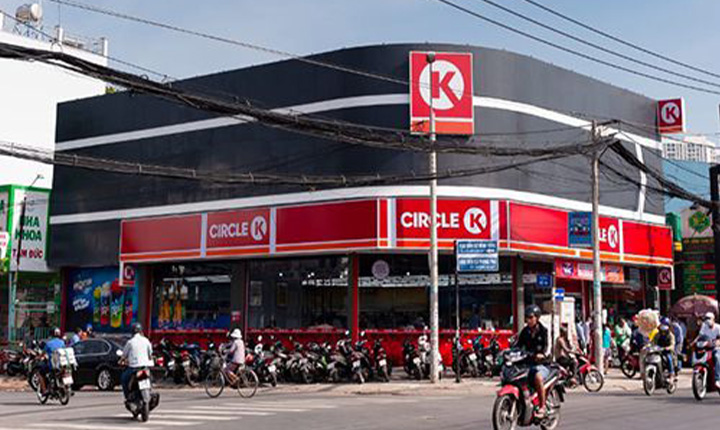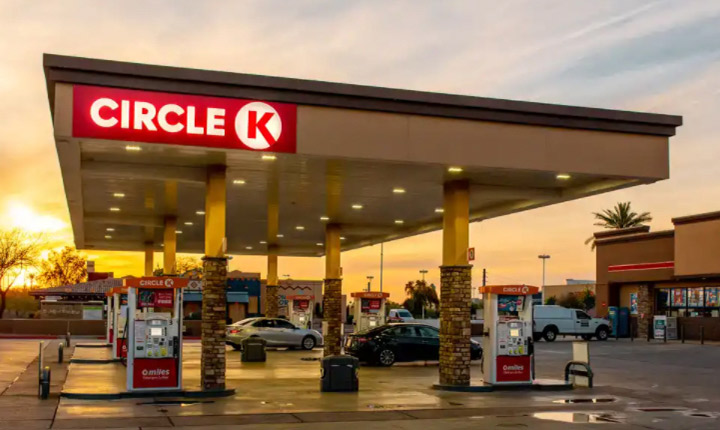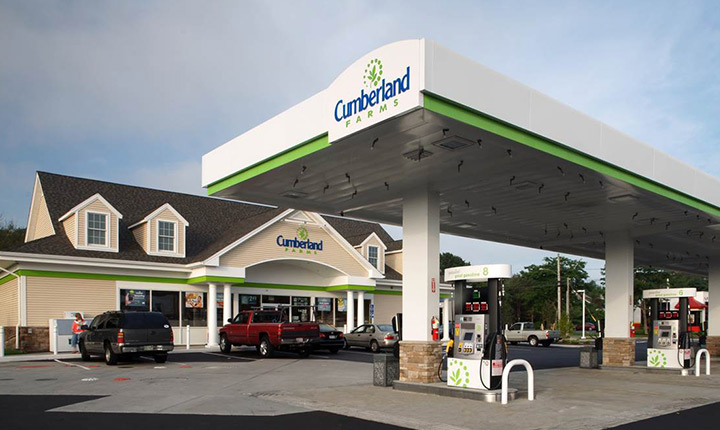The UK has been described as “perhaps the most mature loyalty market in the world“, so UK marketing ideas and insights are relevant and interesting to marketers worldwide. We recently discussed the latest UK loyalty trends and developments with one of the country’s loyalty marketing experts Shelley Bishton. Bishton has built a successful career in loyalty, leveraging exclusive partnerships with the biggest brands on the UK high street to drive long term results on both print and digital platforms for her clients, and she shared her insights and experiences from over a decade in the industry. They include compelling stories and case studies across newspapers, telcos and even Premier League football, providing industry insights particularly for brands looking for new loyalty programme models in competitive industries.
NEW Loyalty Strategy in the UK:
As Head of Loyalty and Brand Partnerships for the Telegraph Group for over five years, Bishton had access to a powerful media platform. Yet, like many traditional news publications worldwide, the paper was struggling with declining news-stand sales as customer’s attention moved online. With it’s media power, the team developed a marketing strategy focused on partnering with UK high street retailers, negotiating exclusive and compelling offers for readers in return for home page brand prominence. It was a highly innovative concept at the time, and yet ten years on in 2017, partnership marketing was still being referred to as “one of the most important marketing techniques to materialise in recent times”.
Initially for the Telegraph group, this partnership strategy was led by pure acquisition objectives, but without data or insights on their customers, offers were generic and despite some positive short term benefits, the initial partnership strategy was simply not powerful to influence consumer behaviour in any significant way. A breakthrough emerged when the team realised that their broad approach simply had to change. It needed a laser-sharp focus to identify the customers who were buying the newspaper daily, understand their interests and favourite brands, and use those learnings to create a compelling, relevant and segmented strategy to covert those customers to paying subscribers. The Telegraph became one of the first media brands to understand the power of their data and leverage it in a retention strategy in a market traditionally focused on acquisition. They evolved their model to build engaging and rewarding relationships with those customers they simply couldn’t afford to lose.
With hindsight, it’s obvious that attention and investment should be focused on retaining the customers you already have instead of relentlessly chasing bargain-hunters. Harvard Business Review quotes compelling research that shows “increasing customer retention rates by 5% increases profits by 25% to 95%” – a result Bishton saw first hand. It convinced her of the power of a structured loyalty strategy – focused on investing in the right customers to influence and reward their behaviour for long term results.
![]()
Reward Insights:
A key insight that Bishton shared was the importance of a single-minded proposition. Clear and compelling. Like “Lunch for £1” from top name brands like Boots and Dominos pizza. Bishton understood that restaurant brands need access to powerful digital databases like O2 Priority, which has direct access to customers attention on their smartphones. App-based loyalty programmes offer a compelling communications channel to educate customers or evolve the brand’s position. For example, Dominos Pizza is a global giant, delivering quick and easy meals particularly at weekends, yet had the same capacity/assets lying idle earlier in the day such as lunchtime. Similarly, Boots stores have been perfectly positioned for health and beauty products for many years, but their strategic focus evolved to include tapping in to the fast-growing £40 billion convenience retail market by promoting their range of healthy lunch options to UK consumers. For different commercial objectives, both brands saw the potential of joining the £1 lunch proposition offer every Monday as an off-peak day.
Bishton negotiated a mutually-beneficial deal with the retail brands, and O2 Priority became one of the first brands in this market to develop a digital rewards strategy based on exclusive partnerships. With this £1 lunch headline as one of many powerful propositions, the strategy delighted customers as well as partners, and Telefonica won a number of UK loyalty awards for innovation as well as successfully reducing customer churn in a notoriously competitive market.
Other successful partnerships were focused on everyday essentials like free coffees. Bishton’s clients were some of the first to to market with this simple proposition which has since become one of the most-copied in the UK and European markets – yet seems relatively under-developed in others such as the USA. In Bishton’s experience, US brands typically rely on their own products and services to reward customers – perhaps missing the insight on how customer’s appreciate and value when rewards are offered from complementary third-party brands that gives them an unexpected treat based on a genuine intention to ‘surprise and delight’ .
![]()
Cautionary Tales:
The benefits of partnering with a complementary brand are compelling, creating a halo effect based on shared trust, having a “positive effect on loyalty and customer retention… which also adds a huge advantage to sales potential.” It is not without risk however, as over-redemption is a significant concern as Bishton experienced. One exciting – and of course exclusive – partnership with Phase Eight featured a generous product giveaway designed to drive footfall to stores. A luxury pashmina was the generous customer reward chosen – there were over 10,000 in stock nationwide available to claim, and without any precedent to evaluate potential demand, both partners expected a successful and effective campaign with a positive effect on both sales and brand association. Demand however far-exceed supply, drive by the combination of the Telegraph’s marketing power, Phase Eight’s aspirational brand and the universal appeal of the reward. As a result, tens of thousands of customers were disappointed, with Bishton estimating they had created demand for at least 50,000 rather than the 10,000 available. Many brands now require their teams to take a marketing insurance policy to protect the brand against unforeseen risks, however Bishton recommends a simpler ‘test and learn’ approach, using targeted communications to top tier members and resisting the temptation to extend rich offers to the full customer base until demand levels can be understood.
UK Loyalty strategies include Brand Partnerships AND Gamification:
As the UK continually to trial unique loyalty marketing models, Virgin Red is a programme that Bishton highlights as a favourite in 2018. With a combination of brand partnerships available in a mobile app to Virgin Group customers, this programme also uses gamification techniques to drive daily adoption and engagement. It features exclusive offers and competitions, along with simple but highly effective techniques such as rewarding members with points simply for engaging on key occasions, such as “50 points for members who entered ROYALWEDDING into the Virgin Red app”. The approach earned the brand the award for best use of gamification to enhance loyalty at the 2018 UK Loyalty Magazine Awards.

In closing, Bishton sees significant growth potential for new markets and new industries to adopt both brand partnerships and gamification. Having won herself a 2018 award as one of the Top 30 Under 40 people in the UK loyalty industry, we will continue to stay in touch with Bishton in her new role as Head of Partnerships, driving loyalty for News UK. I’ve no doubt we will continue to see exciting programmes, gamification and loyalty partnerships emerging across the UK, driving digital engagement and great commercial results for all.
About Us:
Liquid Barcodes is a leading global loyalty technology company specialized for the convenience store and foodservice industries. Our proprietary cloud-based technology platform allow retailers to create and manage their digital marketing campaigns with a proprietary process we call the “customer connection cycle’ to engage, promote and reward customers activities in real-time across digital and media channels.
How we do it:
We have developed the most advanced loyalty and digital marketing technology platform specifically for convenience store and foodservice retailers globally.
Retailers use our self-service dashboard to create and manage loyalty driven marketing campaigns that increase purchases with their existing customers, as well as effectively target and acquire new customers through partners or paid media channels.
One core component of live loyalty is gamification. We have gamified branding, loyalty and promotions. We believe this approach is essential in order to get customers’ attention and ultimately truly engage them with repeatable actions thereby winning their loyalty.
Check out some of our exciting/proven results here:
Chief Content Officer, Liquid Barcodes and Independent Loyalty Consultant.
With over twenty-five years marketing experience, I specialise in loyalty marketing consulting, managing consumer loyalty propositions, strategy and operations. In addition to working with Liquid Barcodes, my clients have included Telefonica O2, Three Mobile, Electric Ireland, Allied Irish Bank and The Entertainer, as well as Avios – the global points currency for some of the world’s top airlines. I am also a judge for the Loyalty Magazine Awards.
—————————————————————————————–


